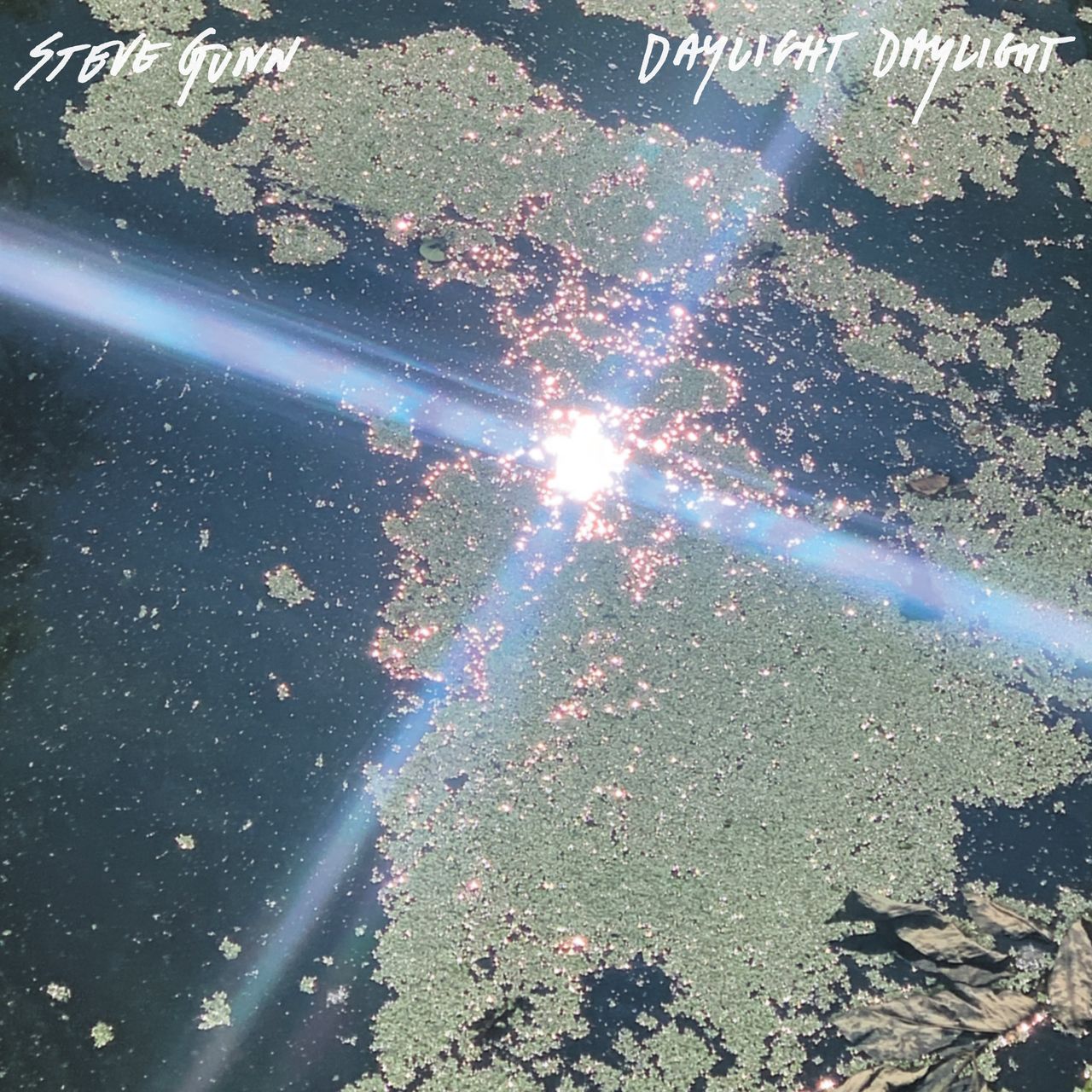Steve Gunn plays guitar like people used to sign their names with quill and ink. His lines are long and looping, swiped through with flourishes and filigree that communicate in decoration what can’t be communicated in language. No matter the context—noisy improv, hearty indie rock, pastoral folk—his melodies feel like rags, like something you’d hear barreling from a player piano. But Gunn tends to play this music at a luxuriating pace, expressing emotions that might otherwise be shadowed by virtuosity. You might be tempted to call his music archeological if it didn’t feel so personal; it’s like with each flick of a finger, he’s brushing off years of dust. On Daylight Daylight, his first singer-songwriter album since 2021’s Other You, he exhales with a set of twilit, awestruck songs that testify to life in the shadow of death.
For Gunn, mortality isn’t something to be feared so much as witnessed. He has characterized the tone of these songs as being “about a hopeful death, a death where you don’t have to be afraid of renewal.” You can hear this in the music, in the patient and loving way he carries these songs from bloom to decay. The sense of loss is palpable, but any kind of angst has long drained away. Taking a note from Talk Talk’s twin masterpieces Spirit of Eden and Laughing Stock, Gunn and longtime collaborator James Elkington make generous use of space in a way that suggests the velvety stillness of the cosmos. The pair passed these seven songs back and forth, with Elkington shaping and augmenting Gunn’s demos, before building them up together at Elkington’s Nada Studios. As a result, the album has the carefully handled feel of an antique restoration, even as it aims to draw the listener outside of time.
